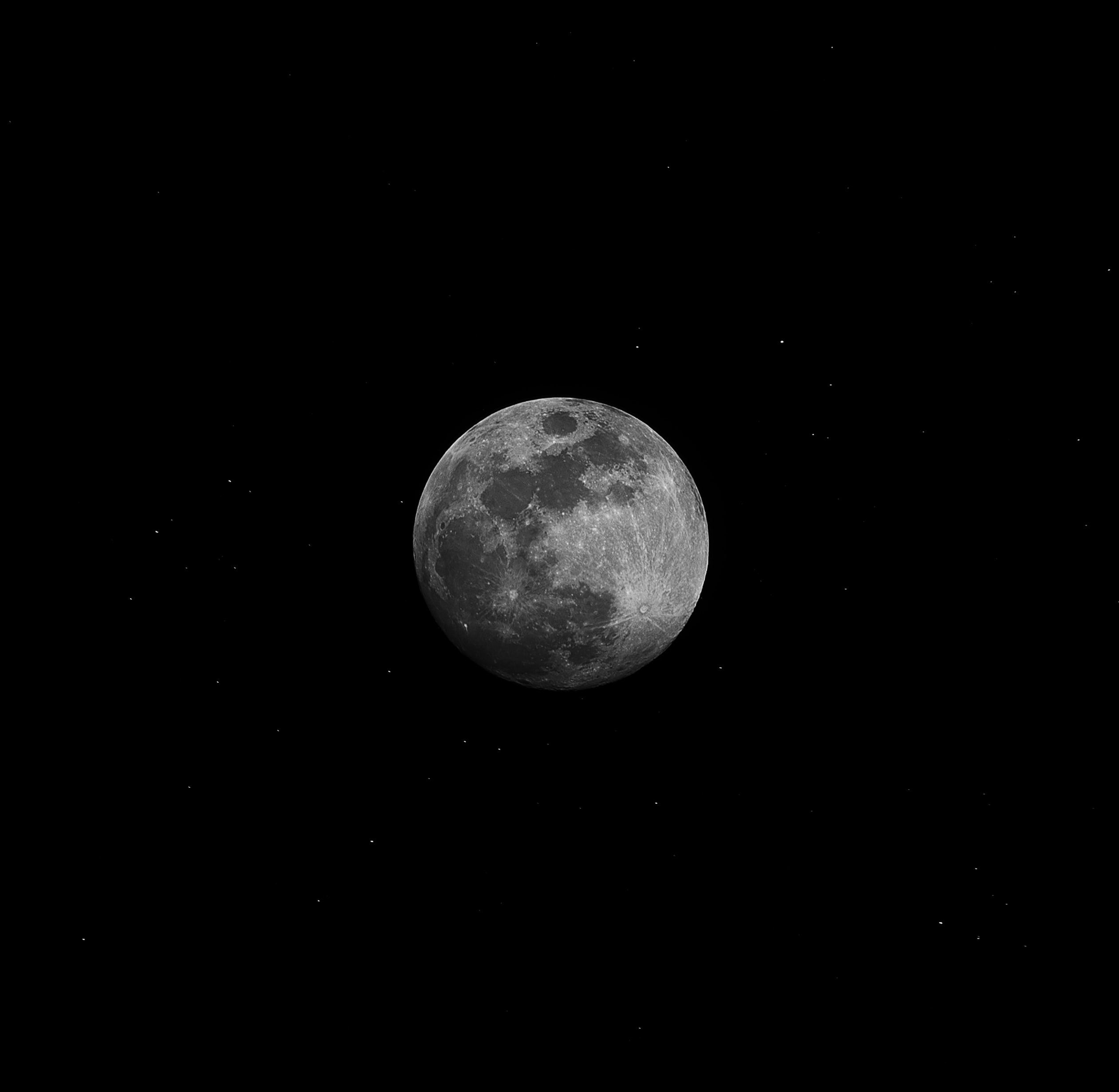Why Do I Get My Period on a Full Moon?
As women, we are accustomed to our menstrual cycles and the regularity with which they occur. However, have you ever noticed a correlation between your menstrual cycle and the lunar cycle? Many women claim to experience synchronization, with their periods falling on or near the full moon. While the scientific community has not yet provided conclusive evidence, this phenomenon has intrigued and fascinated women for centuries. In this article, we will explore the possible reasons behind why some women get their period on a full moon.
The Moon’s Influence on Women
The connection between the moon and human behavior has long been the subject of mystical beliefs and cultural lore. The moon’s gravitational pull affects the tides, and some theories suggest that it may also influence our bodies. Some ancient civilizations believed that the moon was associated with femininity and was connected to women’s cycles. While these beliefs lack scientific evidence, they provide an intriguing starting point for understanding the potential connection between menstruation and the lunar cycle.
The Length of the Lunar Cycle
Before diving into the correlation between your menstrual cycle and the full moon, it’s essential to understand the lunar cycle itself. A lunar cycle is the time it takes for the moon to complete its orbit around the Earth. On average, this cycle lasts around 29.5 days. During this time, the moon goes through different phases, including the full moon.
The Menstrual Cycle
The menstrual cycle, on the other hand, is the monthly hormonal cycle experienced by women of reproductive age. It typically lasts between 28 to 32 days, although variations are entirely normal. The menstrual cycle is composed of several distinct phases, including menstruation, the follicular phase, ovulation, and the luteal phase.
Each phase is regulated by different hormones, including estrogen and progesterone, which interact to prepare the uterus for pregnancy. If fertilization does not occur, the thickened uterus lining sheds during menstruation.
The Theories Behind Menstrual Synchronization
Some women report experiencing synchronization of their menstrual cycles with other women they spend significant time with, such as friends or roommates. This phenomenon, known as menstrual synchronization or the McClintock effect, has been studied to some extent but is not yet fully understood.
If menstrual synchronization exists between women, it is plausible to consider lunar synchronization as a similar phenomenon. This theory suggests that just as women’s menstrual cycles align when they spend much time together, menstrual cycles could also align with the lunar cycle due to shared environmental factors.
Environmental Factors
One possible explanation for the correlation between menstruation and the full moon is the influence of environmental factors. The moon has a direct impact on our environment, particularly on light exposure during the night. It is possible that the increased amount of light during the full moon affects melatonin levels, which, in turn, could impact hormone regulation.
Furthermore, the moon’s gravitational pull, while not as strong as the sun’s, may have a subtle effect on our bodies. Some theories propose that this gravitational pull can influence the flow of fluids within our bodies, potentially affecting the menstrual cycle.
It is important to note that the human body is incredibly complex and influenced by numerous factors. While environmental factors may play a part, there is no concrete evidence to suggest that the moon directly causes or synchronizes menstruation.
Anecdotal Evidence and Cultural Beliefs
Despite the lack of scientific evidence, many women continue to believe in the connection between their menstrual cycles and the full moon. Personal experiences and cultural beliefs have long perpetuated the notion of lunar influence on menstruation. Different cultures have legends and rituals associated with moon cycles and menstruation, emphasizing the intrinsic connection between the two.
Many of these cultural beliefs have been passed down through generations, reinforcing the idea that there is an inherent connection between the cycles of nature and the human body. While these beliefs add to the intrigue surrounding the topic, they do not provide any scientific understanding of the phenomenon.
Conclusion
The correlation between getting your period on a full moon remains a fascinating topic that has captured the attention of women for centuries. While some women may experience synchronization between their menstrual cycles and the lunar cycle, the scientific community has yet to provide definitive evidence for this phenomenon. The human body is complex, influenced by various factors, and it is crucial to approach this topic with an open mind. Exploring and understanding the mysteries surrounding our bodies can be an empowering and enlightening journey, and the connection between menstruation and the full moon is one that continues to spark curiosity and investigation.
Table of Contents
